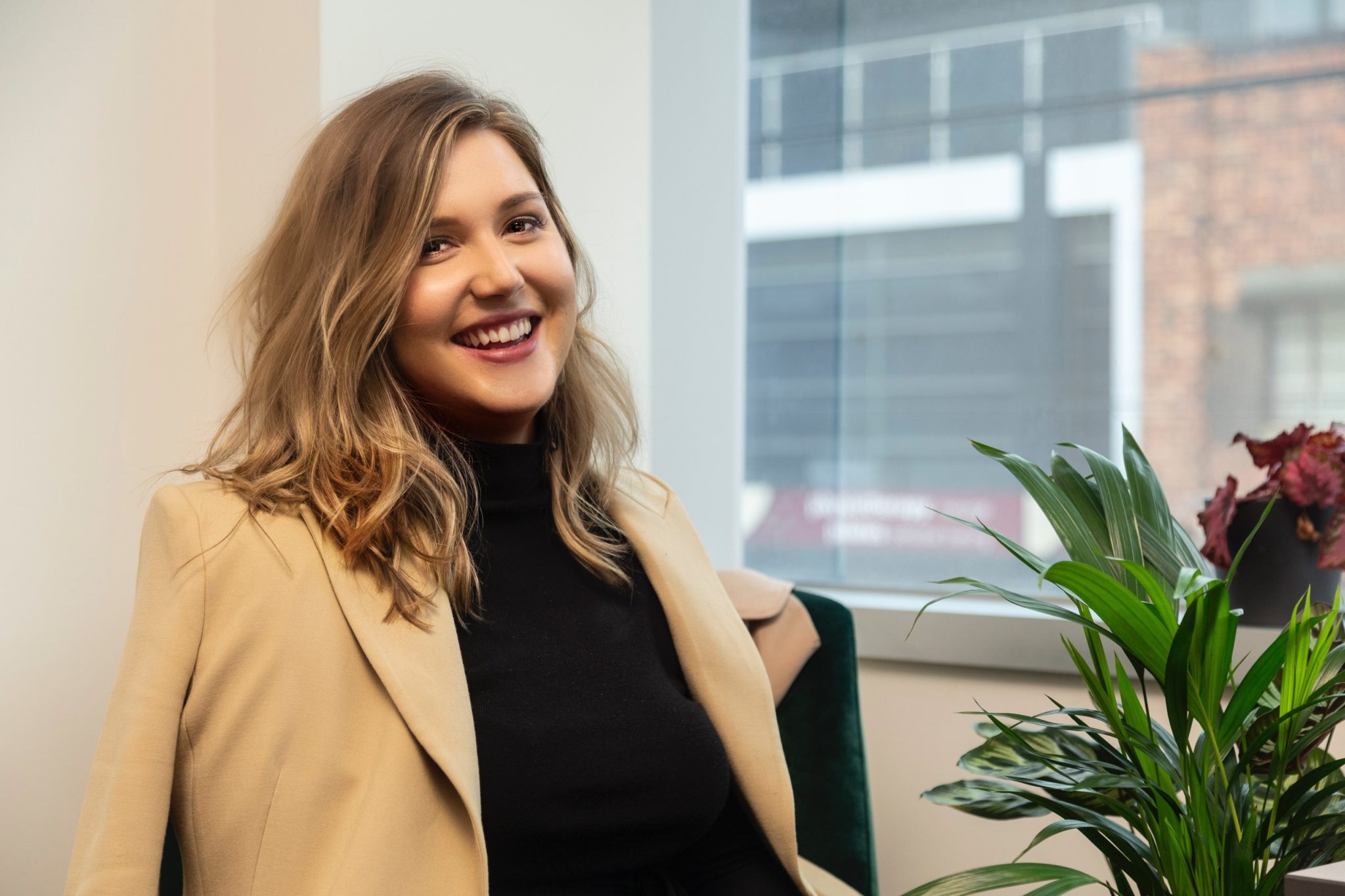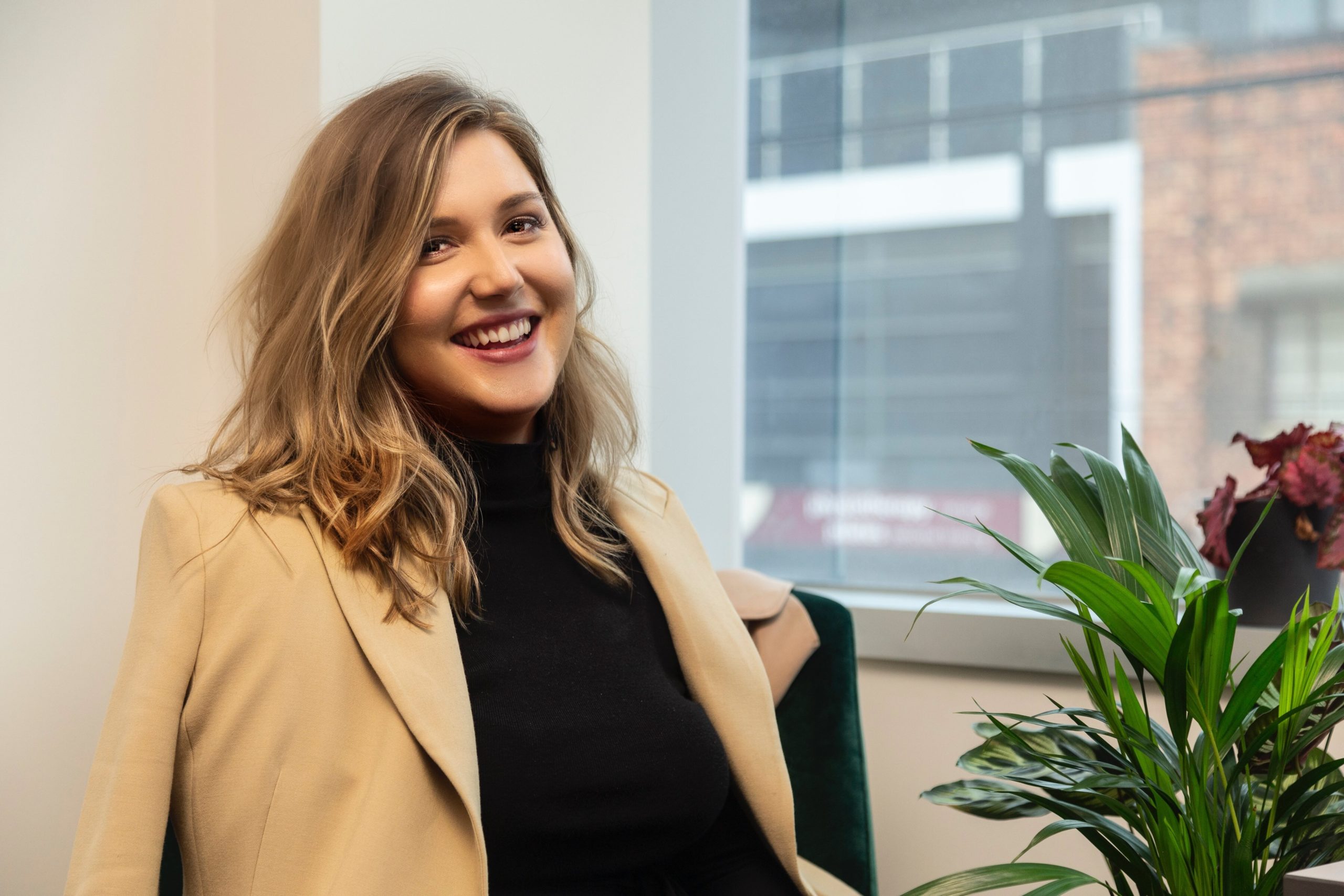When the COVID-19 lockdown began, University of Melbourne student Lee Perkins was anxious about what isolation might mean for his mental health.

Mr Perkins, 22, lives with generalised anxiety disorder (GAD) and severe depression, for which he is on medication and in therapy.
“I was frightened about what would happen,” he says. “The feeling of physical aloneness is a lot more intense when you know that there is nothing you can do to alleviate it.”
Mental health professionals in Victoria are reporting soaring issues as the pandemic continues.
Mahlia Price, CEO of Melbourne-based counselling agency Life Supports Counselling, says her company is receiving a record number of inquiries and booked appointments.
“It’s going through the roof,” she says.
Adrian Barker, a Footscray-based counsellor with 15 years’ experience, says he is seeing a spike in appointments from existing and new clients.
“The social isolation is putting pressure on people’s work and home lives, and putting intense pressure on the family structure,” he says.
Ms Price says, “if you consider that a good 60 per cent of people are coming through with some kind of relationship concern, and then add family concerns and parenting concerns, once people have settled into lockdown they are then confronted with those issues.”
Research by the late University of Chicago neuroscientist Professor John Cacioppo has shown that loneliness, associated with isolation from others, can also be a major problem, negatively impacting sleep, immunity and, in chronic cases, mortality.
Meanwhile, psychiatrists based in London hospitals are reporting increasing cases of delirium since the pandemic began, symptoms of which include confusion, disorientation and occasional hallucinations.
Amber Meyer, who lives with GAD, major depressive disorder and panic disorder, says the lack of daily structure during lockdown has been troubling for her mental health. Ms Meyer says she is having trouble concentrating, memory problems, and fatigue.
“I work and study from home, so it’s been very hard to not only create my own structure, but also be the one who sustains it,” she says.
Beyond Blue reports that around 1 million Australians live with depression and around 2 million live with anxiety, and compounding this mental health epidemic the past year has been an insecure time for many Australians.
The CEO of Australia’s National Mental Health Commission, Christine Morgan, has written that, “for many, the pandemic follows the devastating and ongoing impacts of the bushfires and floods.”
To respond to this growing crisis, the Federal Government announced on 15 May the investment of $48.1 million in the new National Mental Health and Wellbeing Pandemic Response plan.
According to the Health Department, the plan will invest money in suicide prevention, preventative mental health services and telehealth.
What will the long-term impact of COVID-19 be on mental health?
Now that lockdown restrictions are easing it’s uncertain what the long-term impacts of the pandemic will be on mental health, but Mr Barker says it may create or reignite traumas and phobias around physical closeness, contact and hygiene.
“The idea of this invisible, lurking danger around us all the time, if you’ve ever had any trauma in your life it can trigger all of that again.
“There will be PTSD effects around this experience we’re having now.”
This is consistent with evidence published this year by a team of London psychiatric researchers examining the two major previous coronavirus outbreaks, Severe Acute Respiratory Syndrome (SARS) and Middle East Respiratory Syndrome (MERS), that has revealed long-term ill effects on affected populations including anxiety, depression, fatigue and PTSD.
Given COVID-19 has had the largest global impact yet of all coronaviruses, Ms Price says the long-term effects are not yet fully understood, but agrees there will be a measurable cost on public mental health.
“I think we are likely to see a mental health pandemic with flow on effects long after the current situation subsides,” she says.
Mr Barker says the pandemic is also likely to contribute to what he calls “unrecognised grief.”
“Grief isn’t just when somebody dies, it’s when you lose anything that you’ve valued,” he says. “Whether it’s your health, your ambitions, we’ve got a huge epidemic of unrecognised grief, so people are carrying around this real loss that’s not being recognised or identified.”
Mapping the impact of changes over time on mental health
Ms Price says despite the record number of people seeking help, her company’s data shows that the days immediately after Federal announcements see drops in rates of inquiry for counselling services.
“That correlated inversely with the crisis support organisations getting huge amounts, then it would start to ease back up to normal, and then it would happen again.”
She attributes the pattern to the way people prioritise their needs: “People aren’t focused on, ‘Maybe I’m a bit too angry in my relationship,’ if they’re focused on, ‘Will I have a job? Will I be able to keep paying my rent? What will my children do?’
“Every time it would go back to a settlement period [after Federal announcements], that’s when we’d get people calling again for mid to long-term therapy.”
Will the COVID-19 lockdown have any positive impacts on mental health?
Not all of the pandemic’s impacts on mental health are necessarily detrimental, as Ms Price says it has created space for people to think more seriously about their mental wellbeing.
“It’s been a real watershed moment for a lot of people regarding anxieties and pressures, so there’s opportunities for people to go, ‘Hang on, what is causing me stress and what is causing me relief, and why?’”
Speaking of his own experience, Mr Perkins says, “I think one of the reasons anxiety is such a huge issue is because we don’t usually face any serious existential threats.
“When you face existential threats, no one has any time to worry about their mental health.
“I’ve had more external things to worry about than I usually do, and lately this is quite strangely the best I’ve felt in a very long time.”
